
It was Howard Zinn who said "There is no flag large enough to cover the shame of killing innocent people". If he were alive he may have added- there is no religion, no election, no amount of profit, no number of share holders, no monopoly of any company...
Afghanistan is in the news. Afghanistan is the news. The Taliban have taken over most, if not all of Afghanistan. At TypeRight we will talk about the role of and impact on 'digital'.
A report in The Intercept tells that the Taliban now have control of the devices used by the United States Military to build a database of Afghans.
Data is not the new Oil. Data is the power to control, manipulate and destroy only one individual and also millions depending on the wishes of the party controlling the data.
A report by Reuters says: "Even the national digital ID, the tazkira, championed by the World Bank since 2018 and required to access public services and jobs and to vote, can expose vulnerable ethnic groups.."
In 'Tech Tent' BBC's podcast on all things technology, a special advisor to Human Rights First, Brian Dooley lists out a few instances of large data collection exercises conducted in Afghanistan and warns people to do their best to avoid any biometric tests conducted by the Taliban. He repeatedly uses the words "hope" and "luck" and those are two things not available in abundance in Afghanistan today. You can listen to the podcast here:
It needs to be said here that when privacy advocates scream themselves hoarse about the importance of avoiding collection of data that can point to someone's identity, what is happening in Afghanistan is just one of the dangers that they are warning about. It also needs to be pointed out that such data is in danger the moment it is taken and not just when terrorist groups like the Taliban take control of a country. India still does not have a data protection law, there are frequent reports of Aadhaar data of Indian citizens being leaked, and the government continues to be hell bent on collecting even more data from citizens, the latest being in the form of a "Unique Health Identification Number"
By not passing data protection law, by collecting more data than is needed for constitutional and legitimate purposes, the Government of India is putting its citizens in danger and avoiding any and all accountability.
For now, back to Afghanistan. Wherever there is a crisis, Big-Tech isn't far behind. A report in Vice.com lays out the manner in which the Taliban used Big Tech platforms such as Whatsapp to spread propaganda and make their capture of the country easier.
We believe that governments and corporations across the world need to give more thought and research into combating propaganda. Their failure to do so is leading to the rise of dangerous and violent I.T. Cells across the world.
It isn't the case that Big-Tech isn't trying to protect its platforms for being used to wreck violence and hatred in Afghanistan but per usual, it seems that the reaction from Big Tech is too little too late. A report in Vox.com talks about some of the efforts being made by the likes of Twitter, Facebook and Youtube.
Speaking of the internet and doing to little too late:
Big Tech is being embraced for the good also and the latest celebrity to do it is Angelina Jolie
Let's move now to discussing a country not too far away from Afghanistan, perhaps in more than one way- India.
Pegasus
The Supreme Court has taken one more step in ensuring that the privacy of Indian citizens is not taken lightly and is at the very least not weaponised by the Indian government against its own citizens.
I.T. Rules
A day before India's victory for democracy and free speech and a blow for the Indian government's attempts to intimidate and control digital news publications, the Bombay High Court has stayed (paused) the operation of certain provisions in the I.T. Rules passed earlier this year by the Indian government.
The court came down heavily against the rules, observing that:
"People would be starved of the liberty of thought and feel suffocated to exercise their right of freedom of speech and expression, if they are made to live in present times of content regulation on the internet with the Code of Ethics hanging over their head as the Sword of Damocles. This regime would run clearly contrary to the well-recognised Constitutional ethos and principles."

Deprivation of access to internet however continues unabated in India.
The Internet Freedom Foundation has a twitter thread on the topic that we believe you must read. The foundation has been doing excellent work, we would urge you to follow them regularly and even consider donating to them.
They also have a rigorous explainer on E-Rupi here:
Gig Economy
The adequacy and ethics of the money food delivery apps like Zomato and Swiggy pay to their delivery personnel continued to be under the scanner.
Not only is the matter receiving increased coverage in the press:
A debate on the adequacy of what such delivery personnel are being paid is also raging on twitter. Most arguments defending these practices argue that the obligation of these companies begins and ends with their compliance with Minimum Wage laws. It is also being argued that these companies are after all in the business for profit and not for philanthropy. These arguments, premised on a popular even if incomplete understanding of 'free market' miss some crucial points.
They ignore the fact that delivery personnel and corporates do not have equal bargaining power. They assume that the minimum wage decided is adequate and updated in terms of current inflation. They ignore that increasing fuel prices do not result in a corresponding increased pay out to the delivery personnel. They also ignore one of the greatest evils of the modern age: income inequality.
Providing for exceptions, a person born in a certain city/caste/family will only earn a maximum of x amount in her life, while for another person who wins the genetic lottery will become a 'self-made' billionaire.
There is a minimum wage, but there is no maximum wage. The minimum wage is also restricted for those who the society and governments can ignore with minimum effort. At one end of corporates are CEOs who are not paid the amount decided by a minimum wage law. They are paid millions. Surely there is something cruel about this?
New India, Smart Phones, Digital India etc
Speaking of cruelty, as we have repeatedly said in TypeRight, the unequal access to both internet and devices is ignored by most policy makers. While making policy, whether it is about vaccination or keeping schools open, it is assumed that everyone has equal access to both- internet and devices. The result is:
"Earning just Rs 1,800 a month, Narhari, who owns a basic Nokia phone, could not afford a smartphone for his son. Andria's elder brother, a post-graduation student at Berhampur University, arranged for a second-hand phone."
DEF
We recently held closing ceremonies of two awards: eNGO Challenge and Social Media for Empowerment (SM4E) awards. While the eNGO challenge seeks to recognise, salute and honour best NGO practices using ICT in any part of the world, SM4E awards honour and recognise those social media initiatives that are using social media technology as a catalyst for communication, spreading awareness and fulfilling their mission and needs of social development. Catch a glimpse of the closing ceremonies here:
At DEF, we aren't just about the talk, but also about the walk!
Our work towards bridging the digital divide in the education sector that has been exacerbated by the Covid-19 pandemic continues
Meanwhile, digital entrepreneurs working as healthpreneurs to bring in doctors on screen to guide villagers at their doorsteps Covid-19 vaccination.
Until next time,
Stay safe.



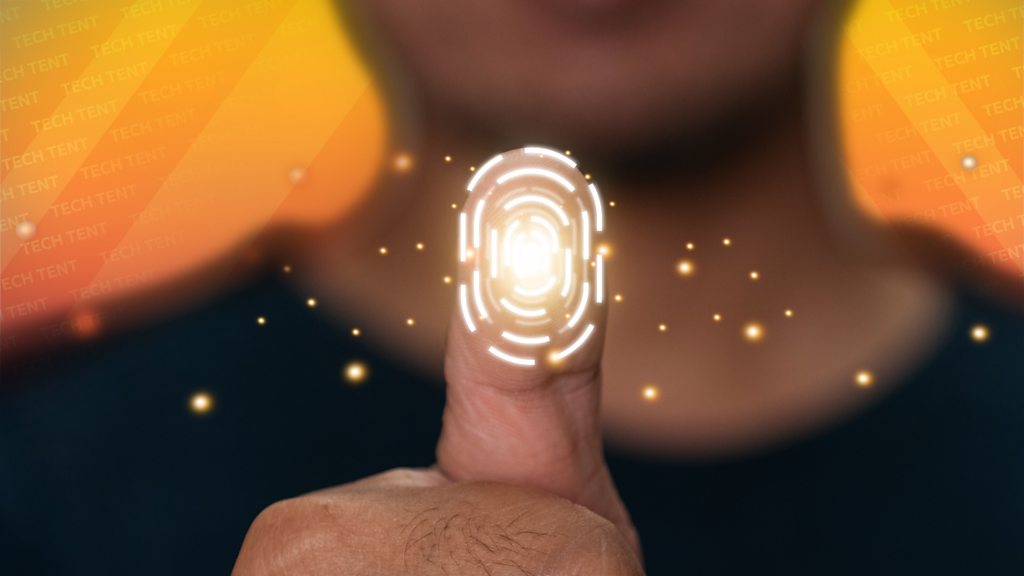

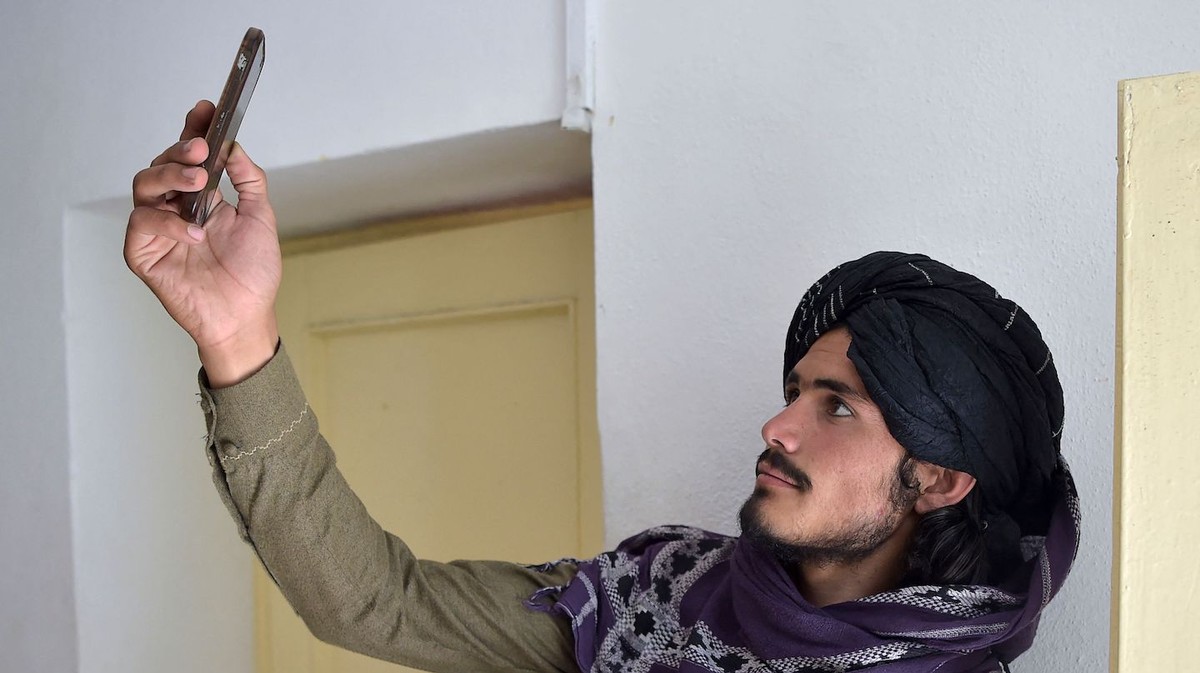
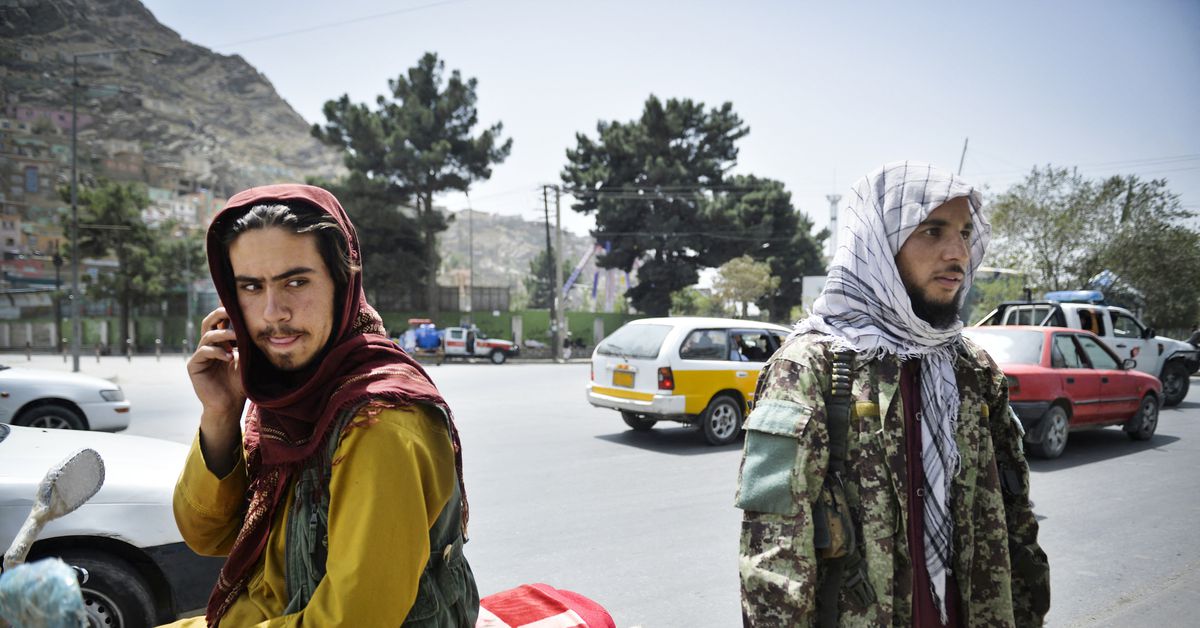
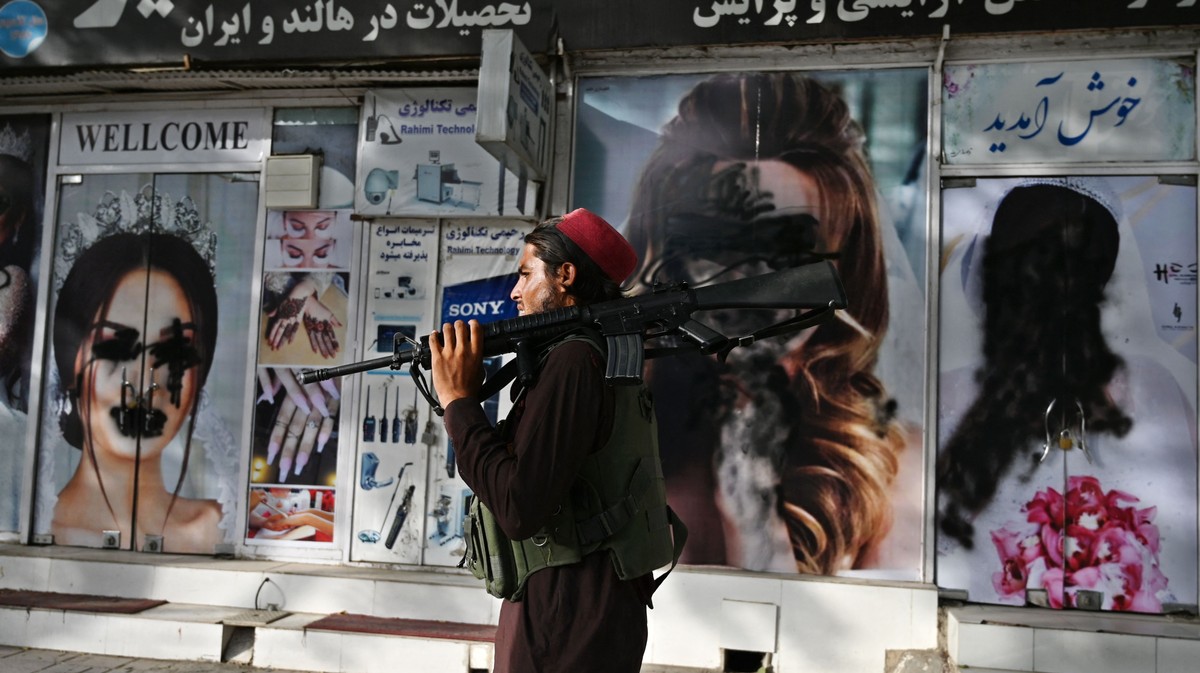


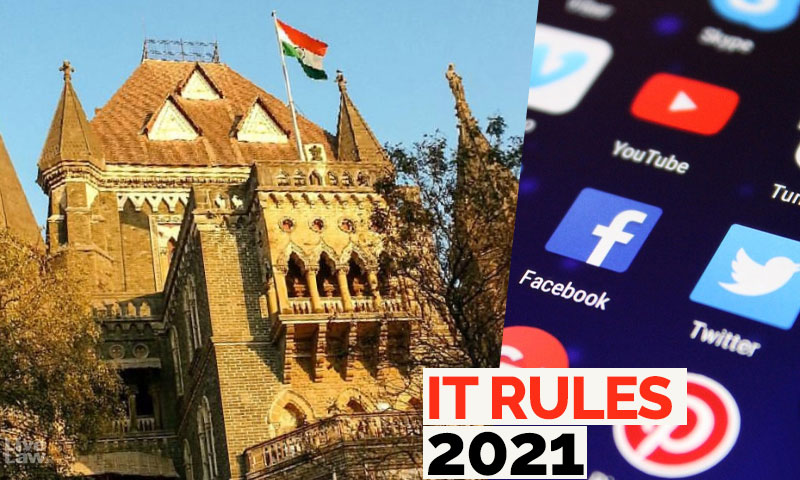




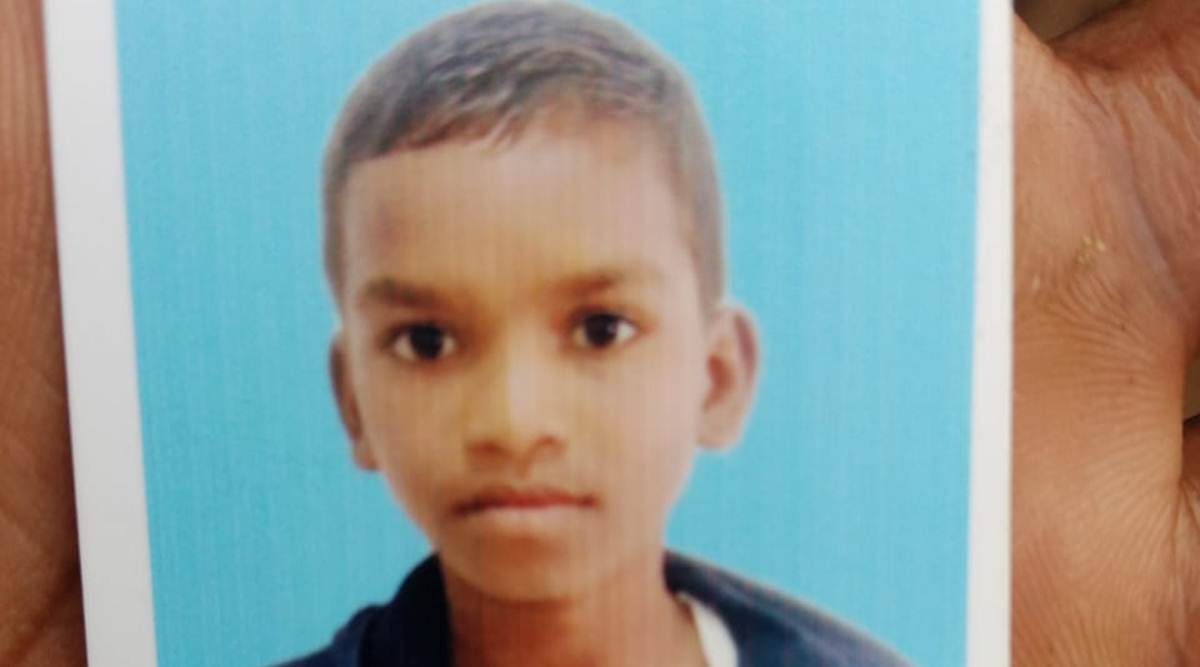





















Write a comment ...